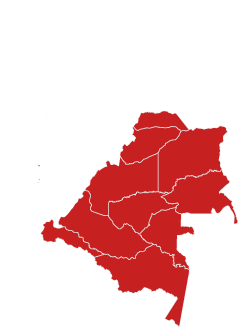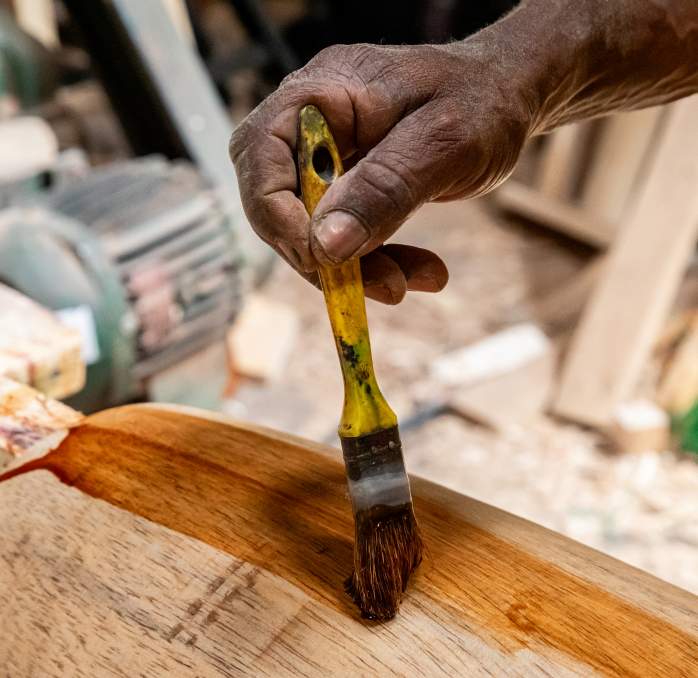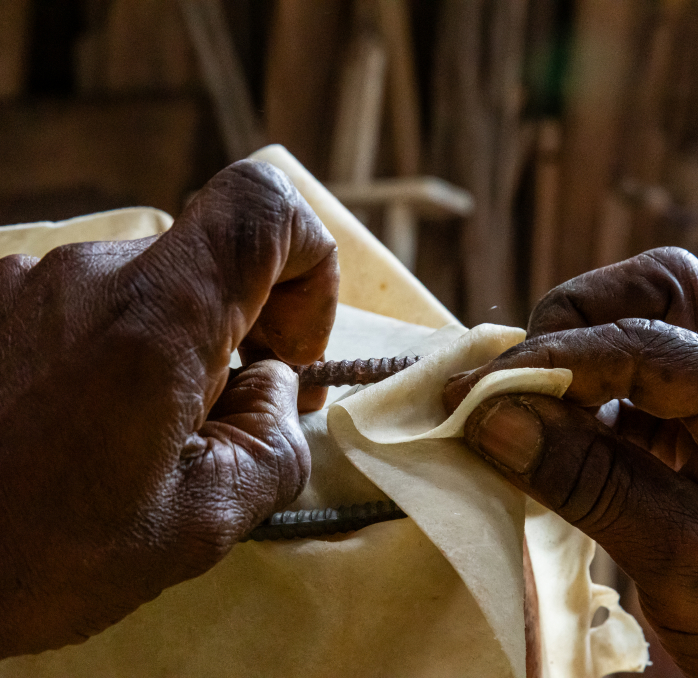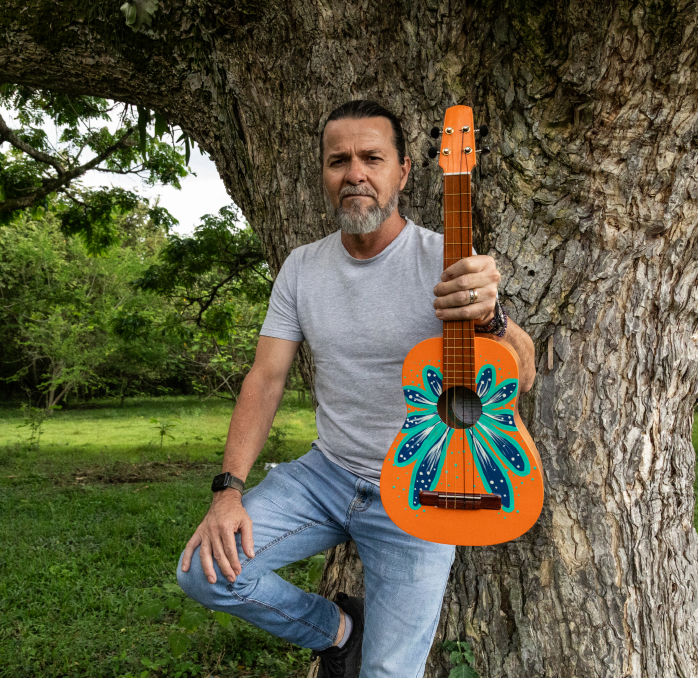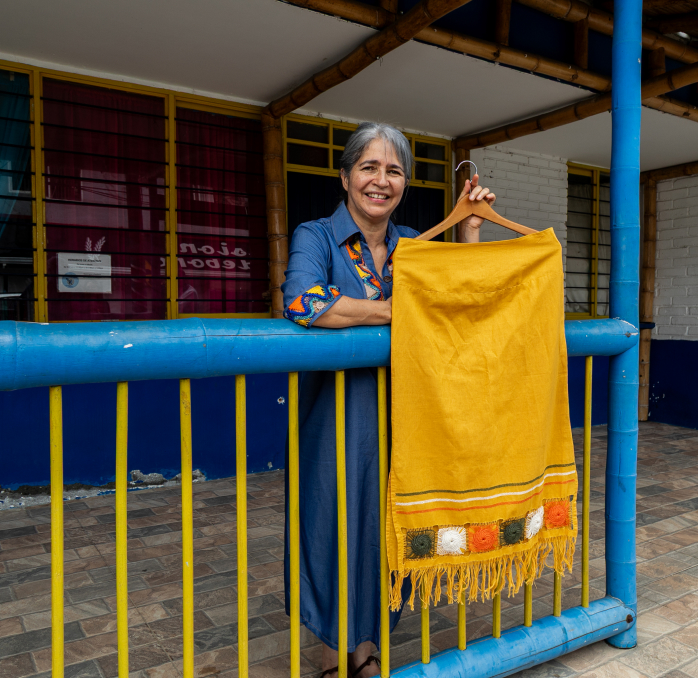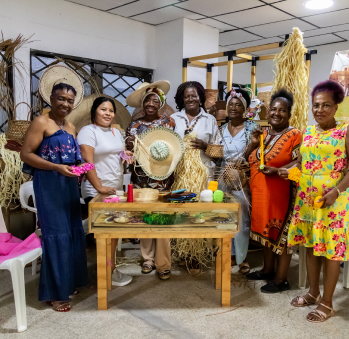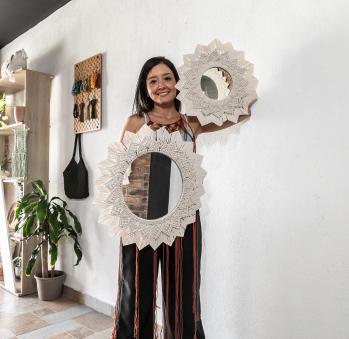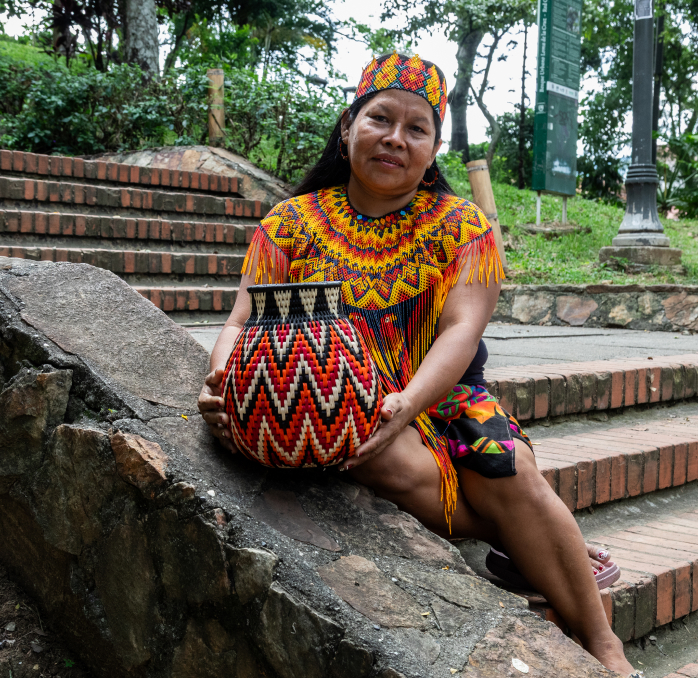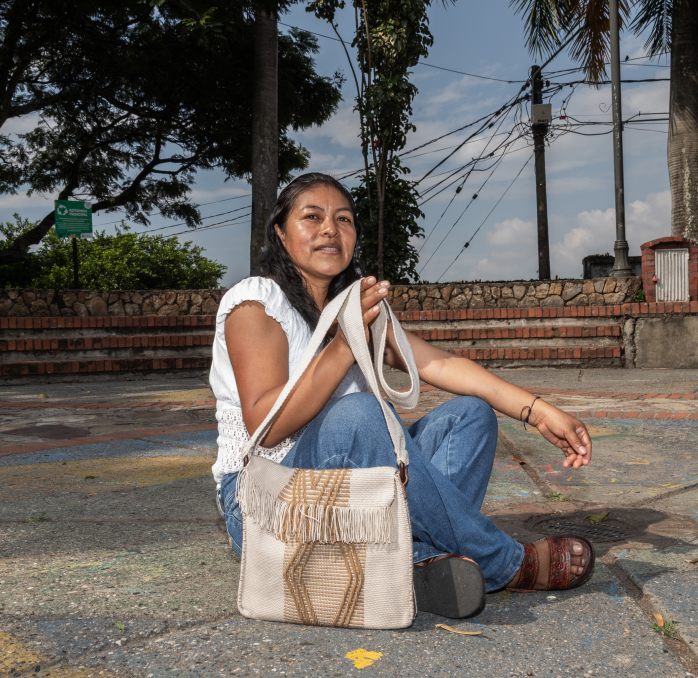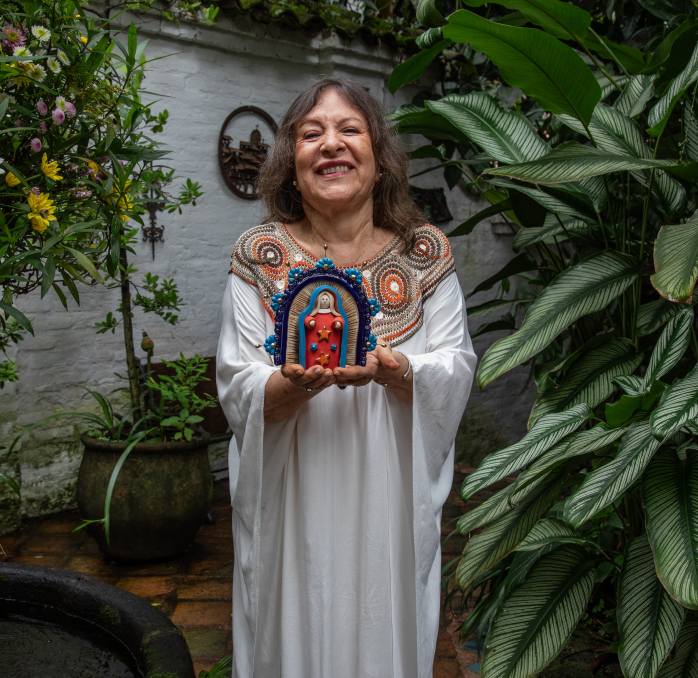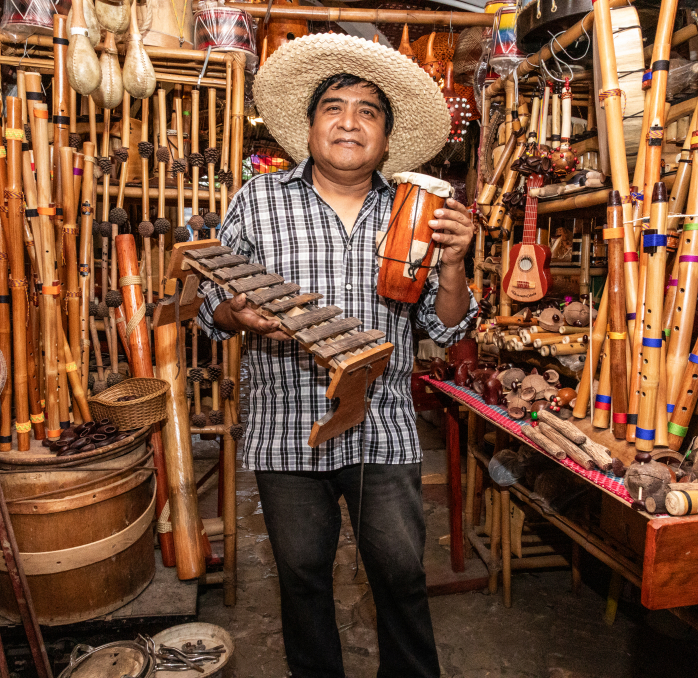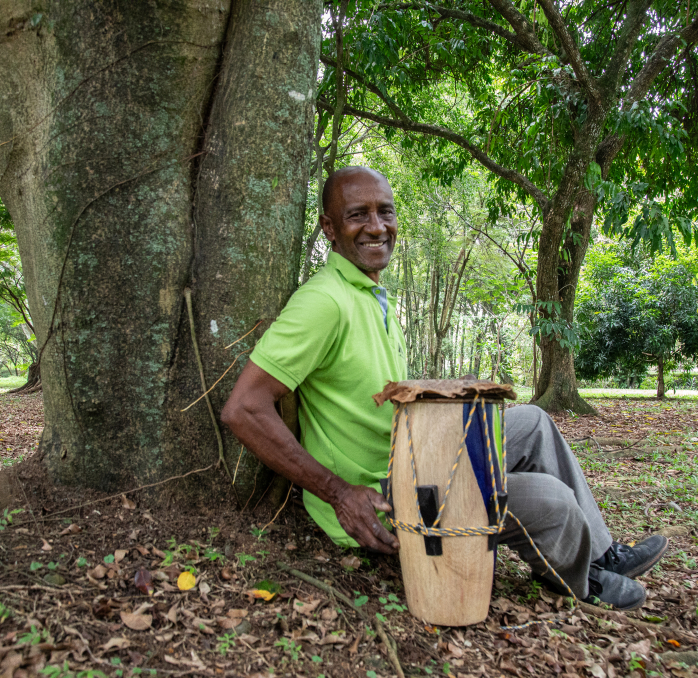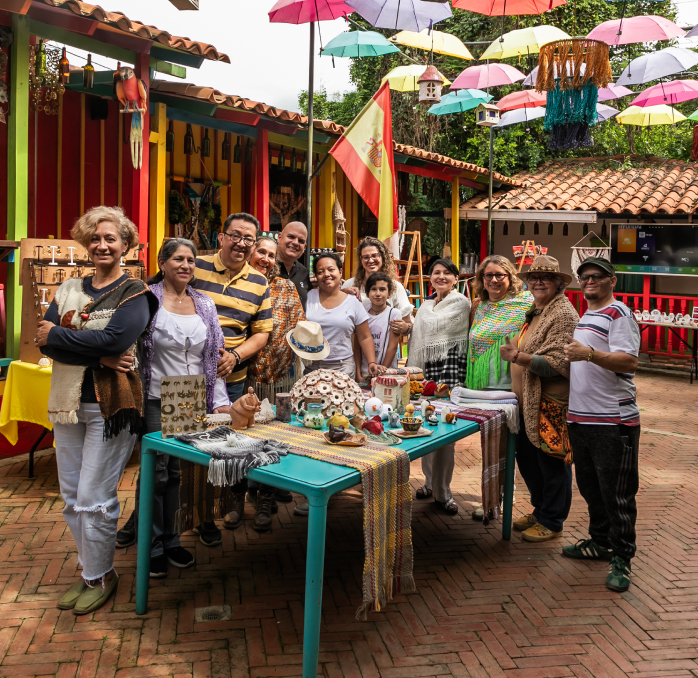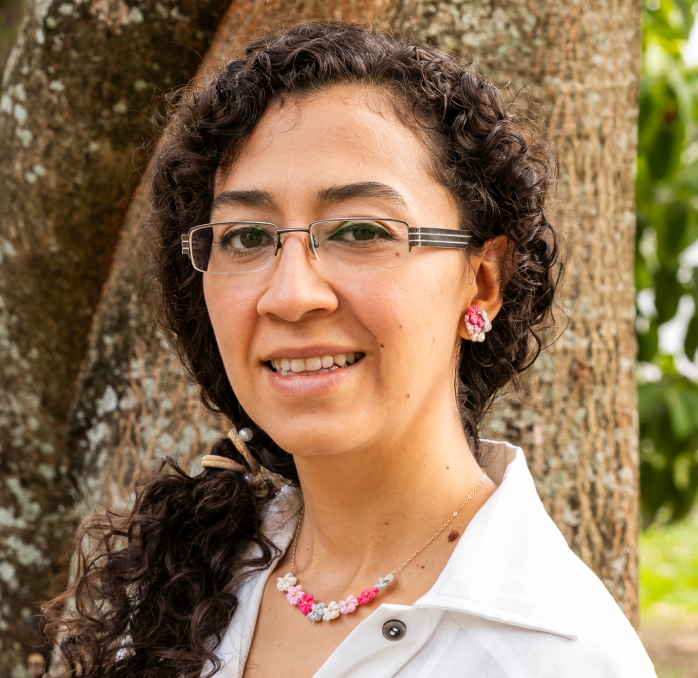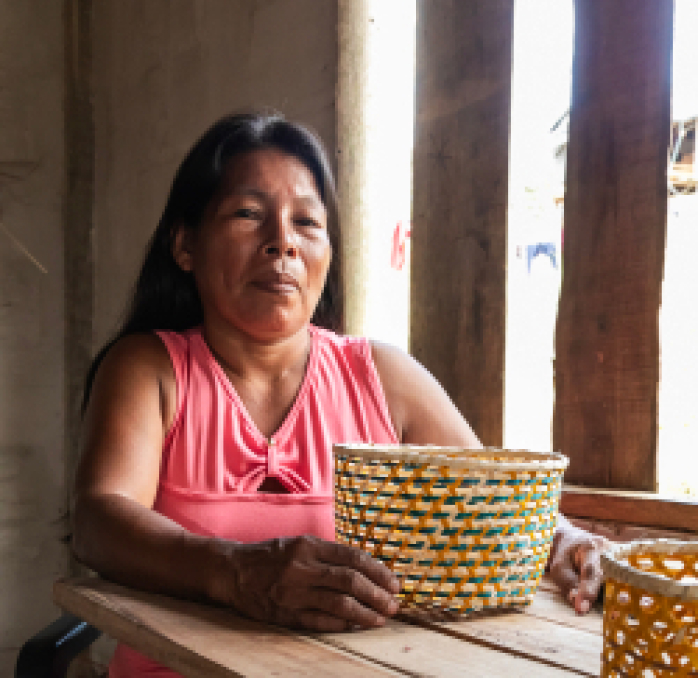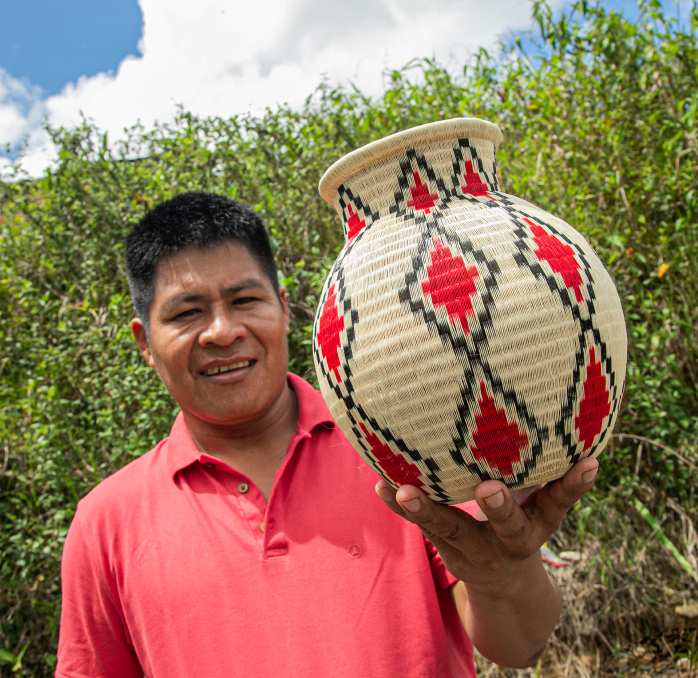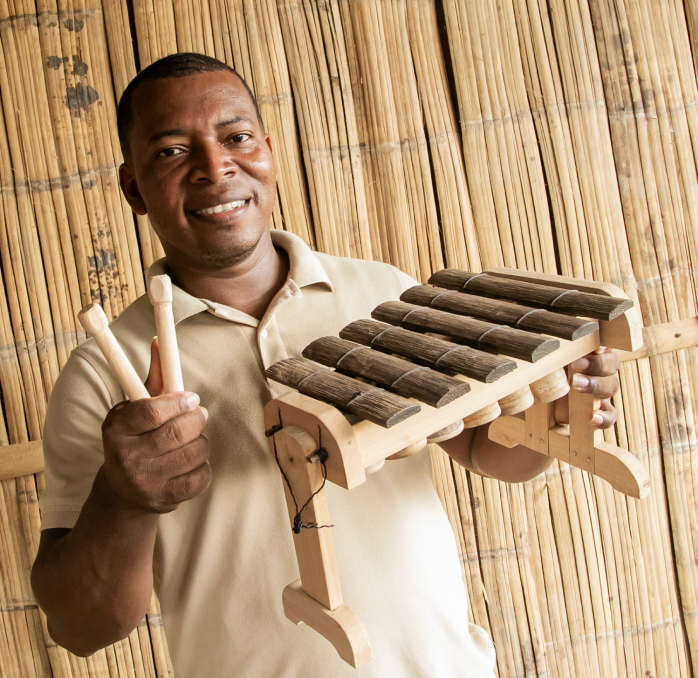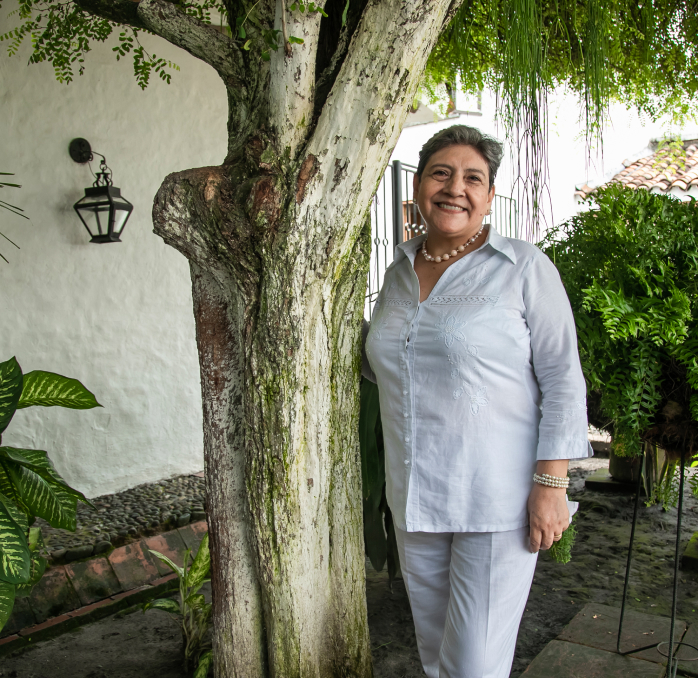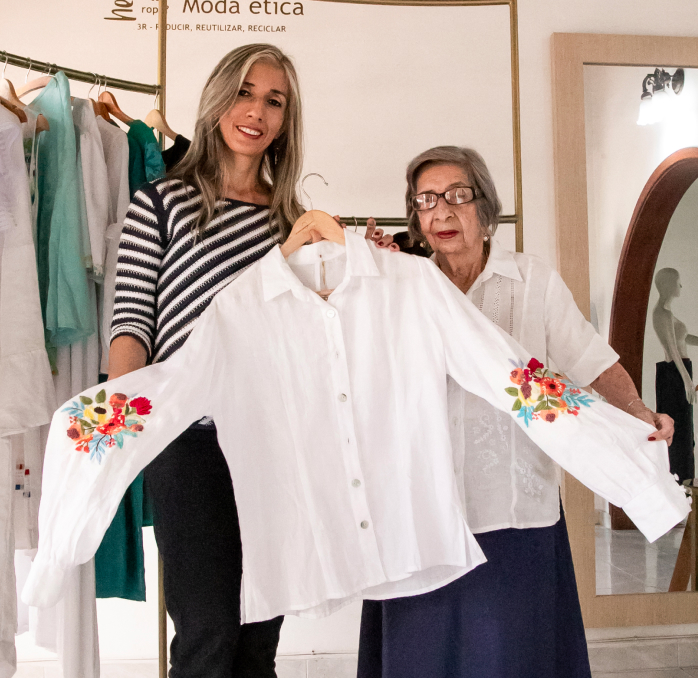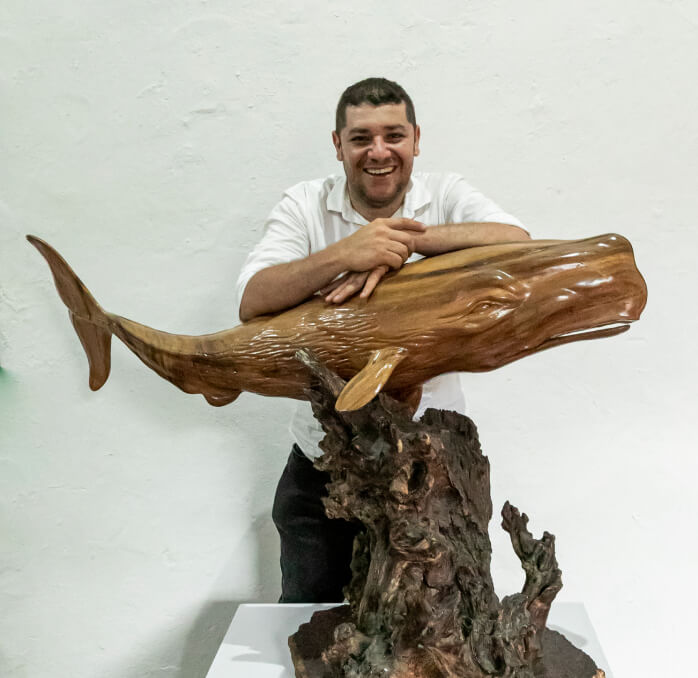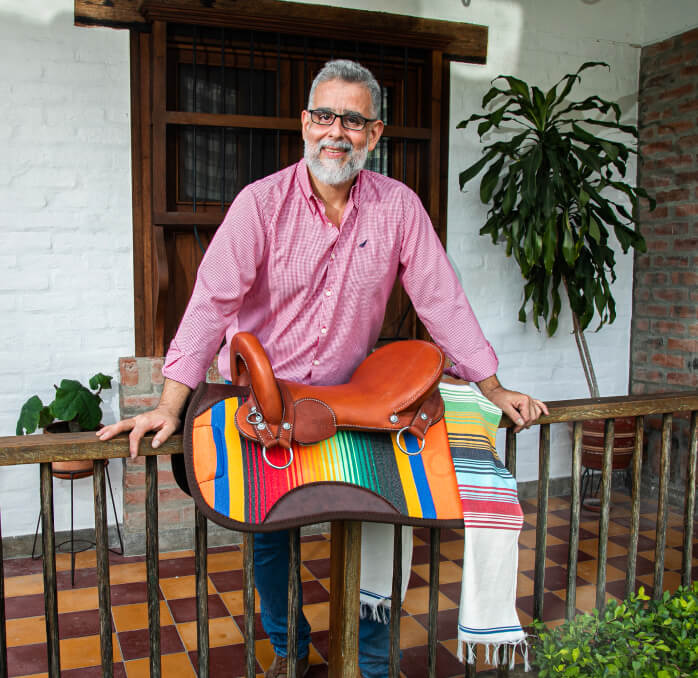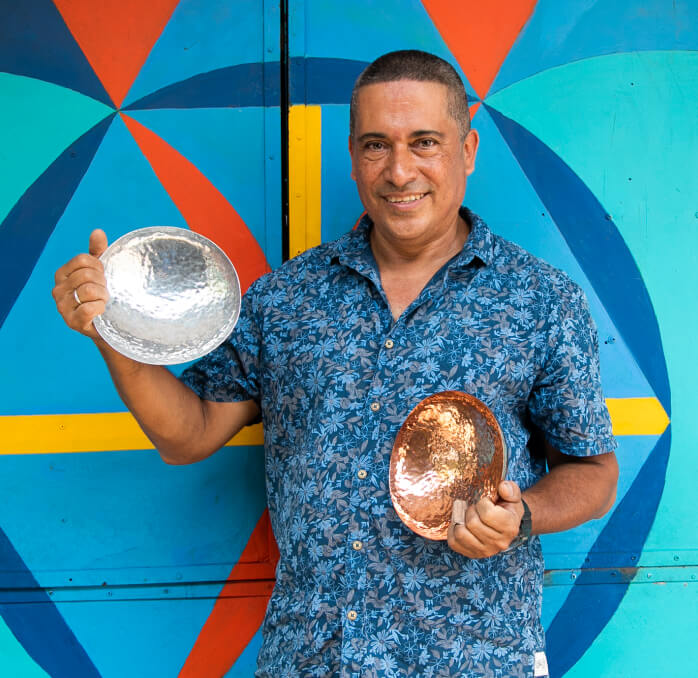Addo Possu
Workshop: Fundación Katanga
Craft: Musical instruments
Trail: Valle del Cauca route
Location: Cali, Valle del Cauca
One has to imagine the master Addo Possu as a child, standing at the gate of his home in Puerto Tejada, Cauca, watching in awe as the group Cauca Grande rehearsed their folk music in a hall across the street. One has to picture him slipping in after rehearsals ended, weaving between the dancers’ skirts, offering to help put away instruments—and every so often, stretching out a hand to tap a drum. If they rehearsed every day, he wanted to be there every day, listening. He was fascinated by the sound—curious to know why things sounded the way they did, and how they were made. His love for music took the shape of a love for instrument making. And while he knows how to make each piece sound right—and can’t help but dance when he hears a currulao—he never wanted to be a musician or dancer. What he wanted was to understand the materials: how wood dries, how finishes are applied. Thinking about how a piece of palm, wood, or cane could become an instrument transformed him in the process. That’s why he remembers his first drum so clearly: the moment he realized he had made it with his own hands and ran to show his mother, beaming with pride, a cununo he had painted with the green of nature he so deeply loves. He had split a log and shaped it by hand—with nothing but a machete. From then on, he would only keep learning, guided by his mentors Adriano Granja of Timbiquí and José Antonio Torres.
Many years have passed since that first drum, but to him, it still feels like yesterday. He says people were born to serve—not to be served—and with that conviction, he’s spent forty-three years fully devoted to his craft and to teaching it, day and night, weekdays and weekends. Over time, his project took shape as what is now the Fundación Katanga, a foundation that preserves and shares knowledge about the construction of traditional instruments from Colombia’s Pacific region—and also makes instruments from the Atlantic and Andean regions. For more than thirty years, the foundation has worked with a rural community near the mouth of the Dagua River in Buenaventura. Together, they’ve planted a Sonic Forest of traditional woods, while also researching alternative materials like alder and aguacatillo, to make the most of what grows nearby and avoid having to venture deep into the forest—keeping everyone safe.
Craftsmanship—the work that brings him so much joy—is so intertwined with his life that it’s become a lens through which he sees the world. It shows up everywhere, especially in the kitchen, which he speaks about with the same warmth and authority. For Addo Possu, cooking a meal with love—even if it’s just a sliver of onion, a crushed clove of garlic, and a pinch of salt—is very much like making an instrument. You adjust, refine, bring it to the right tension, just the way you season food to make it right. In some cases, the metaphor becomes literal: he fuels his stove with the leftover scraps of palm and luna wood—the same materials he gathers from the forest to build drums, often during the same trip where he harvests ingredients for cooking: papa china, bijao leaves, pepepan. The same goes for tatabros—wild pigs that feed on the same plants and roots he collects. Their meat is smoked, and their skin was once used as drum membrane. And when you’re cooking, one of the best things to do while you wait is to play music—losing yourself in rhythm as the aromas rise. Perhaps that open-fire lunch, that exquisite tapado de pescado, is served with a golden chontaduro—the driest, most buttery kind—whose palm wood just so happens to be ideal for crafting marimba keys with the clearest, brightest tone.
Music—so deeply tied to nourishment in this gentle master’s life—has also helped him cross language barriers. That’s how it goes when visitors come to the foundation without speaking Spanish: he communicates through the drum. That’s how it was back in the 1980s, when he toured Europe with a folk school, needing no other language to connect with people in France, Switzerland, and Germany. That same love—for music and for making—is what he passes on to children learning at the foundation. And it’s the love his three children grew up with, raised among palms and timbers, between forest hikes and long days in the workshop.
Craft
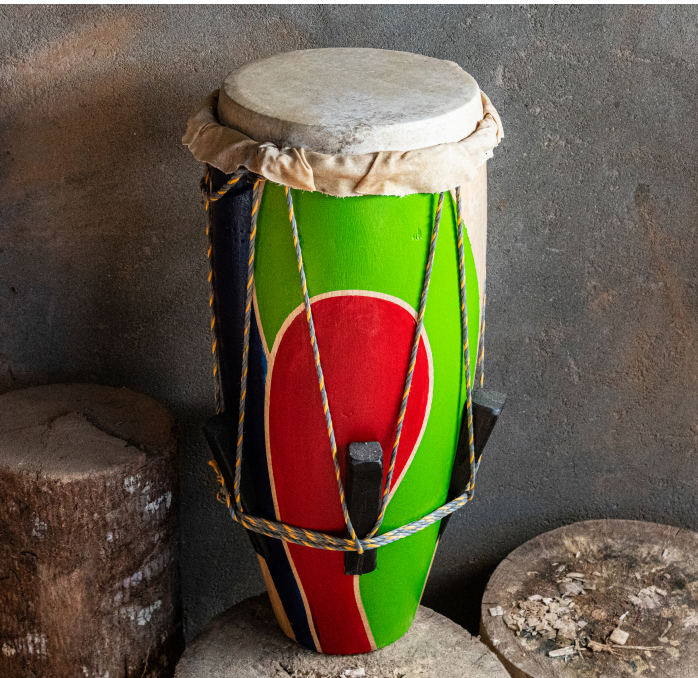
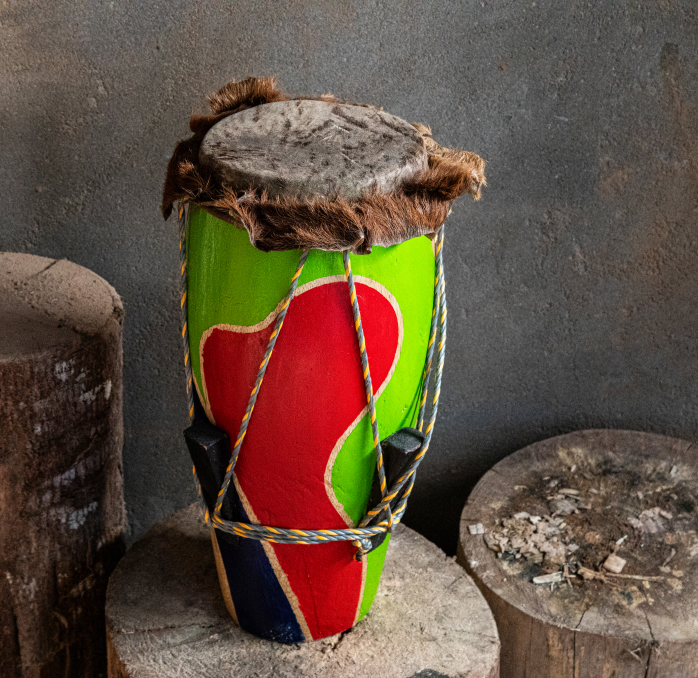
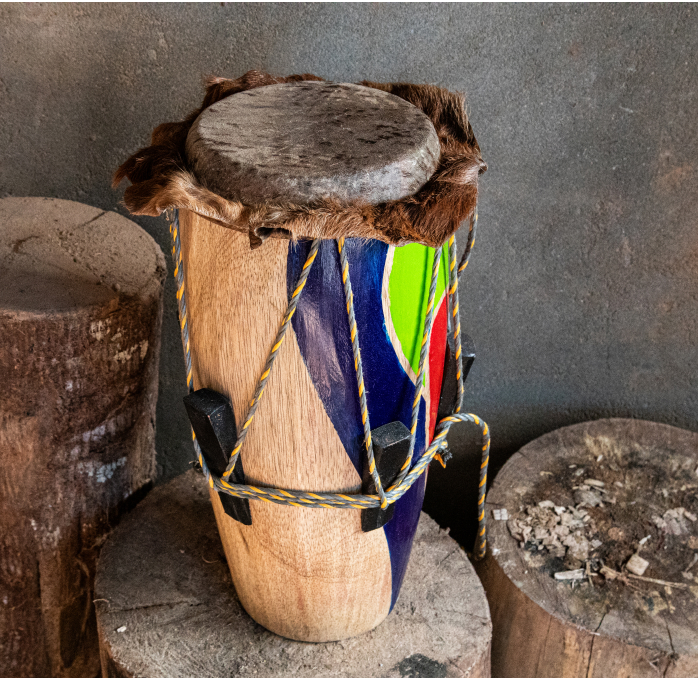
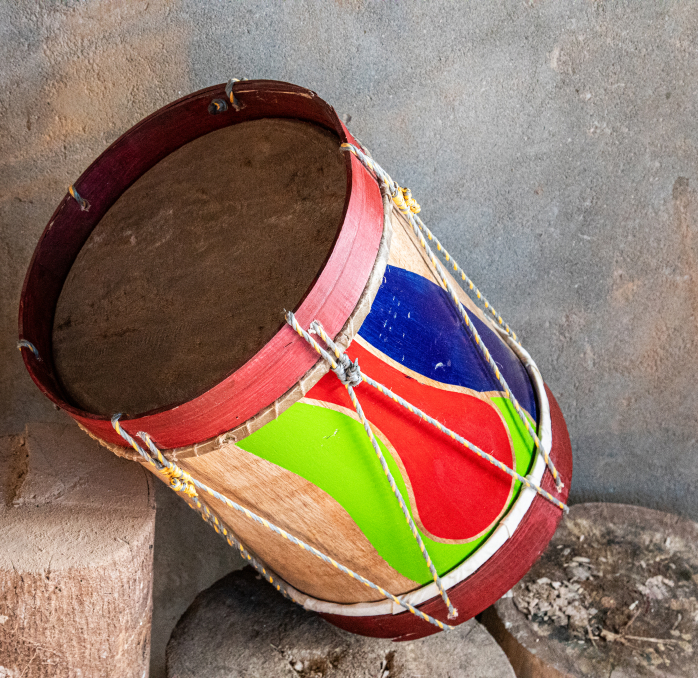
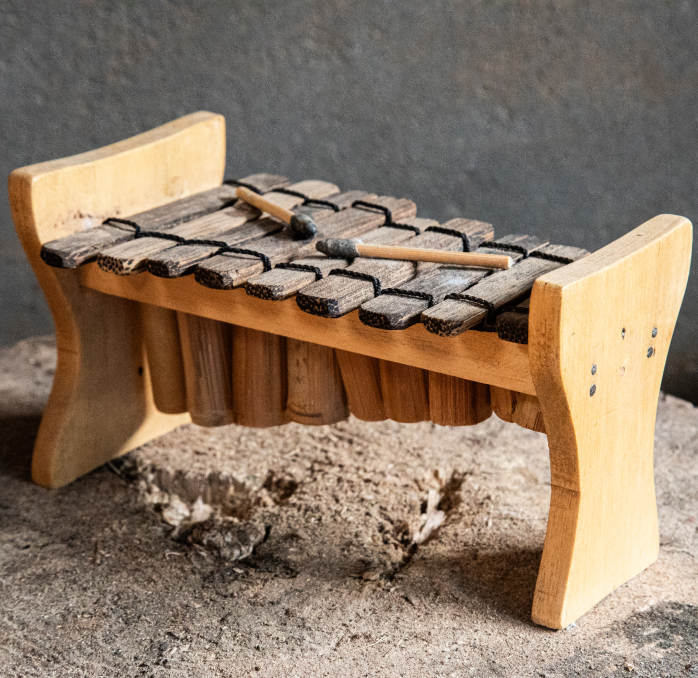
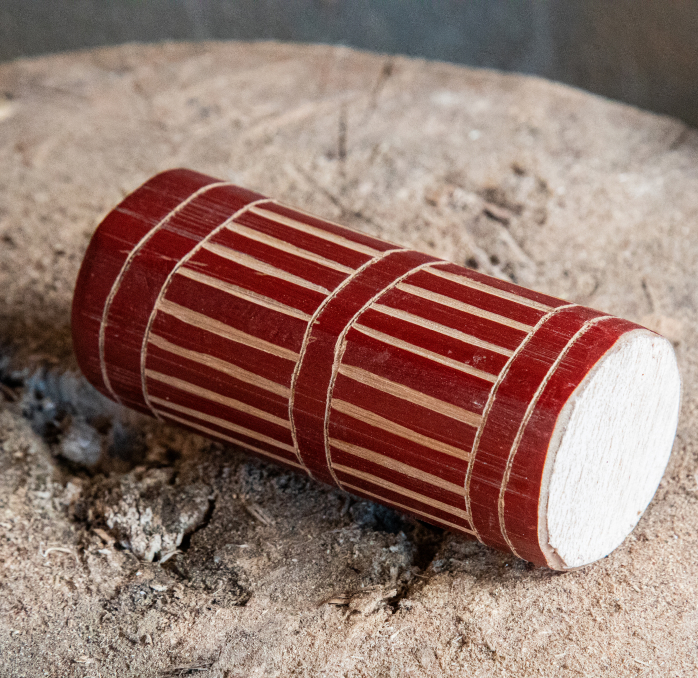
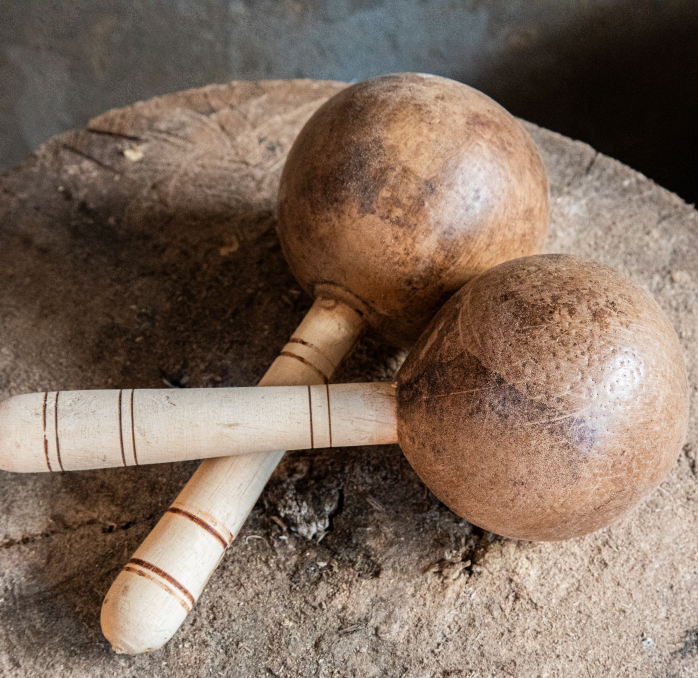
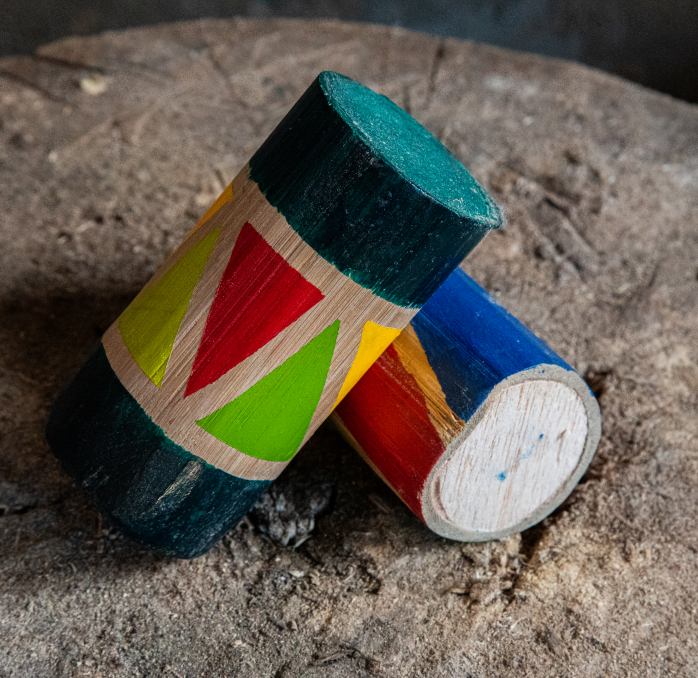
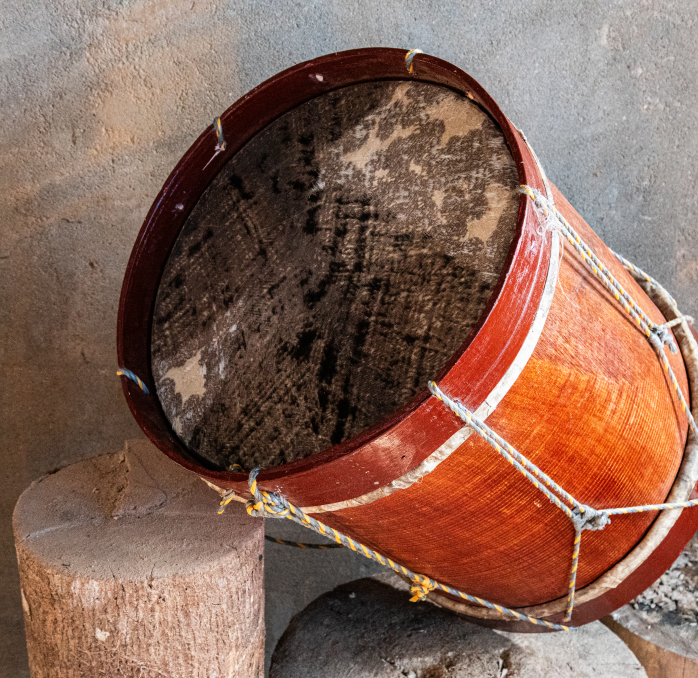









Artisans along the way
Artisans along the way
No puede copiar contenido de esta página

